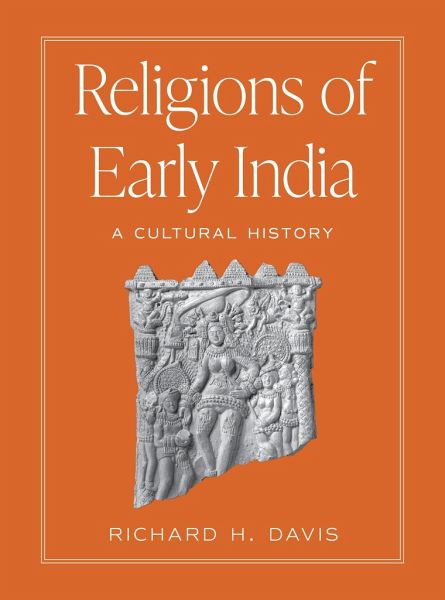
Religions of Early India
A Cultural History

PAYBACK Punkte
23 °P sammeln!
"The extraordinary multiplicity of religions and religious cultures in India, chronicled over two thousand years."--Provided by publisher.

A Cultural History

Rechnungen
Bestellstatus
Retourenschein
Storno